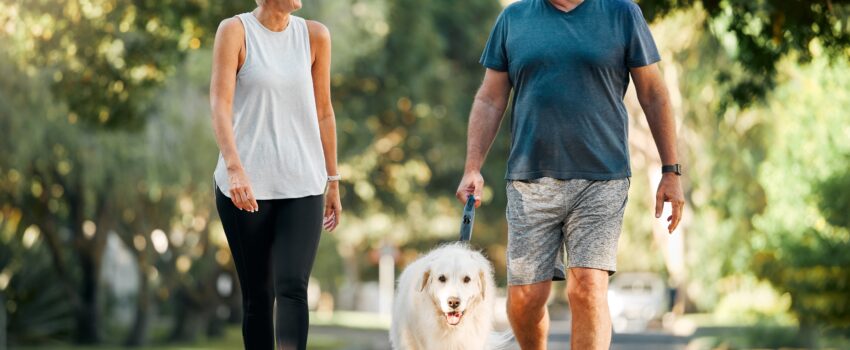Certain healthy habits and behaviors can go a long way toward preventing varicose veins. Though varicose veins do run in families and can be genetic, it is entirely possible to reduce the risk for this vein problem by maintaining great vascular health.
Here are easy and practical ways to adopt a vein-friendly lifestyle.
Exercise Regularly
Being inactive or sitting for long periods increases the amount of pressure being placed on the veins and also reduces blood circulation. Both of these factors can lead to the development of varicose veins.
On the other hand, exercise increases circulation and strengthens muscles to make the development of varicose veins less likely. Any type of exercise is great for vascular health, though low-impact exercises such as swimming, cycling, and yoga tend to be easier on the joints and veins.
Maintain a Healthy Weight
Excess weight can put undue pressure on veins, which can lead to venous insufficiency that increases the risk for both spider veins and varicose veins. Maintaining a healthy weight is essential to preventing varicose veins. Regular exercise, good nutrition, quality sleep, and stress management can all contribute to weight loss and effective weight management.
Adopt a Low-Salt Diet
Eating lots of foods that are high in salt can lead to water retention that spikes blood pressure and blood volume—both of which are factors that can put more pressure on the veins. Water retention most commonly affects the lower extremities and can cause varicose veins to develop in the legs.
Avoiding foods that are high in salt can help prevent bloating and water retention. The best way to adopt a low-salt diet is to stop eating fried and processed foods that tend to contain high amounts of salt.
Another way to consume less salt is to flavor home-cooked meals with spices and herbs instead of with table salt. Fruits, vegetables, and leafy greens are some of the healthiest foods to eat that are low in salt and that can contribute to a vein-friendly lifestyle.
Elevate the Legs When Sitting or Lying Down
Sitting or lying down without elevating the legs can cause blood to flow downward and pool in the legs. However, elevating the legs reduces swelling and the amount of pressure being placed on veins and can also increase blood circulation.
Placing the legs on an ottoman or chair when sitting can improve vascular health in the legs, as can elevating the legs slightly when lying down, such as by placing them on a pillow.
Limit the Time Spent Wearing High Heels
High heels may be stylish and fashionable, but these shoes are one of the top causes of venous insufficiency and varicose veins. High heels cause the muscles in the calves to stay in a constant state of tightness. This can prevent blood from flowing downward and reaching the feet—causing blood to pool in the leg veins.
If possible, try to avoid wearing high heels to work or for long periods of time. Experiment with different styles of footwear that are just as fashionable but far more comfortable and vein-friendly.
North Shore Vein Center offers treatments for varicose veins, including sclerotherapy and endovenous laser ablation. Contact North Shore Vein Center today at (516) 869-8346 to request an initial vein consultation if you need help developing healthy habits for a vein-friendly lifestyle.

